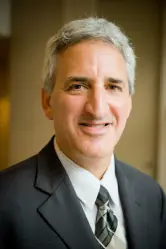

Research
BPEA | 2003 No. 1

2003, No. 1
Recent events expose some of the difficulties of making timely and
rational fiscal policy choices. The recession that began in early 2001 has
likely been over for several quarters, but as of early 2003 the Business
Cycle Dating Committee at the National Bureau of Economic Research
(NBER) had not yet declared its end, and economic growth has been
tepid. The ideal time for countercyclical fiscal measures may have passed,
but politicians remain under pressure to act.
Politics aside, the current economic climate has many unusual attributes
that may provide support for expansionary fiscal action. First, despite
several quarters of positive economic growth, the unemployment rate
remains relatively high, in part because of unusually rapid productivity
growth during the recent recession. Second, the vigorous use of monetary
policy over the last few years has left the federal funds rate at 1 percent,
its lowest point in over four decades. With this primary tool of monetary
policy so close to its lower bound of zero, there is concern that monetary
policy will be helpless should the economy relapse. Third, the recent war
in Iraq has contributed to an atmosphere of economic uncertainty. Finally,
state governments face large budget deficits, which past practice suggests,
and the laws of most states require, be followed by substantial tax
increases and expenditure cuts in the coming months, possibly weakening
economic activity.